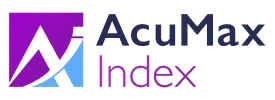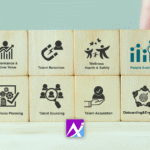The High D Perspective
As a child, you were termed “inquisitive” and your favorite question was “Why?” As an adult, you are detail-oriented; you want to know the background or the context behind what you are doing. You know and believe in phrases such as “the devil is in the details” and “fast is fine, but accuracy is everything” – a quote from Wyatt Earp.
The High D drive is an information and process seeking drive. When you think of the High D Drive, think of the word “dependable.” The Drive seeks reliable and dependable information for high-level decision making. It seeks a dependable process that is capable of delivering consistent results. When success is achieved in the absence of a dependable process – you are probably just lucky, or vacuous, or both. The High D would prefer to develop, refine and repeat a quantifiable process for dependable, successful results. They like to follow the recipe for success.
Self-confidence is achieved for the High D when information is confirmed through a Subject Matter Expert (SME). A SME isn’t necessarily a person. It can also be a treatise, a rule, a regulation, a standard or an established way of doing something. It is an authority in a particular area or topic. If you want to learn how a machine works, you may go to Fred – the person who has been operating that machine for the last 20 years rather than your boss or supervisor. If you want to know the meaning or spelling of a word then a dictionary is a “SME” in this context. A SME is validating to a High D. In the absence of a SME, High D’s often feel as though they are just “winging it” or guessing on what will the outcome will be. A SME satisfies the information component of the drive for decision making.
High D’s learn best through information and training. High D’s may be contrasted to “Learners,” who are often just attracted to the learning process. For a High D, learning is more focused and directed. High D’s learn to acquire information and for better context not for just that project or assignment, but for related assignments going forward. It is not learning just for the sake of learning, but learning for a purpose or project. Provide High D’s with classroom, on-line, apprenticeship, mentorship, self-directed and/or on-the-job training opportunities to build expertise and improve their performance.





